Photo Credit: Lorie Klahn
There has been a strong case put forth against excellence in art. The whole Postmodern Art movement declares that "dominant paradigms" need upturning, like beauty and skill.
My contemporary hero, Wolf Kahn, wrote that he regrets his latter-day skills in technique, because formerly, without his expertise as an oil painter, he was freer to "overwork" his images. Our current subject, Henri Matisse, worked years to undo his formal art training in order to create his Modern Art statement of pure, "over-wrought" and sensational color.
Because of Wolf Kahn's influence, I frequently take a pastel work and bring it well past any coherent finished point. I literally ruin the artwork, over-filling the tooth of the paper and muddying the colors. In the process, many wonderful discoveries occur! New color combinations and compositions come about. New possibilities with the medium are revealed.
In the dock for excellence, one can argue that the very definition of the word "artist" includes the idea of skill. And as my prime exhibit, I refer you to the high quality of current art. Evidence of Postmodernism's faults is everywhere present.
How to reconcile my personal beliefs about rudimentary values in art versus excellent technique? Maybe there doesn't need to be a reconciliation when one considers that there is a continuity to the artist's progress from his early to his late works. The unity of an artist's corpus is undeniable in the fact that both his early works and his later works are created by the same hand.
I feel that many more paintings await me with greater powers as a pastelist. I'll be thinking about the finer use of my medium as my studio life progresses this year.


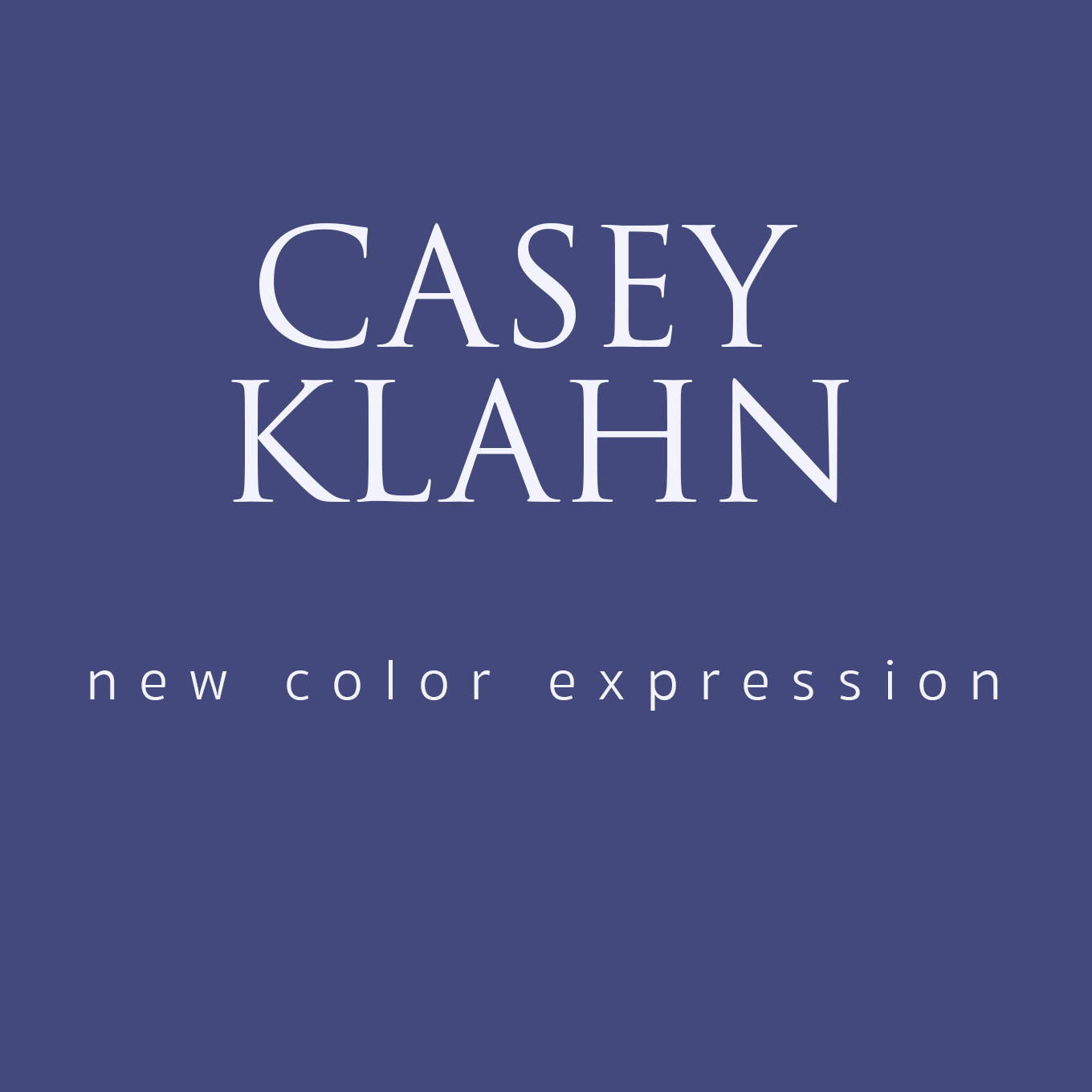
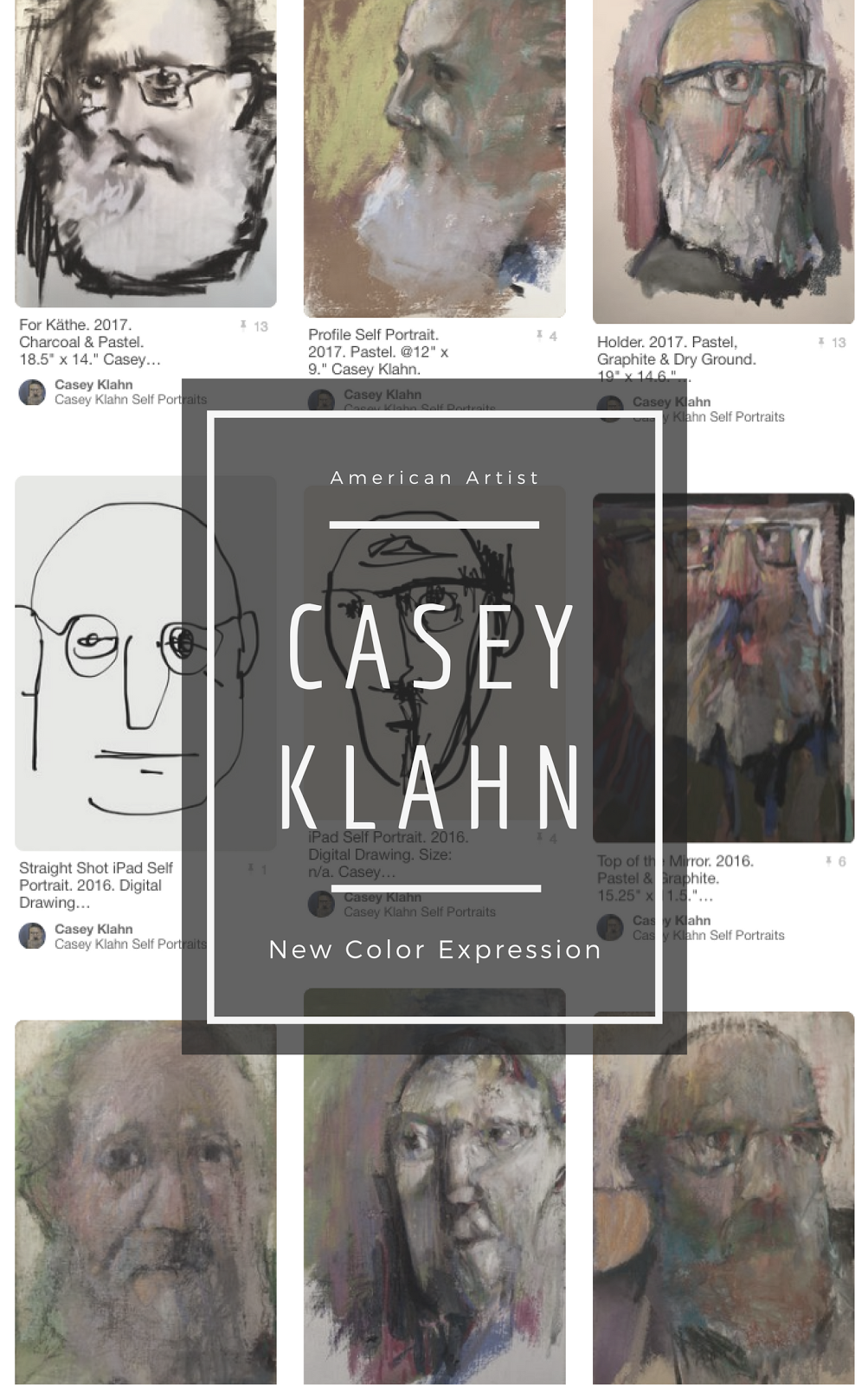








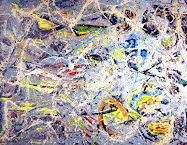
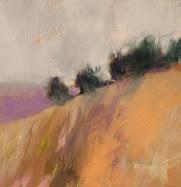
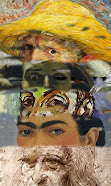






6 comments:
I've had great fun on your site these last few days because I've been showing it to my sister who has just started on the artist journey. We have trawled back through your works, landscapes and abstracts, and shared impressions, opinions and ideas together. She is now a huge fan of your work, and I hope she joins me soon in commenting on the philosophies and conversations you raise here for us to participate in. So, thanks again for publishing your work and words, as they have added to the time I've shared with my sister this week.
A great compliment. Thanks, Steph!
Thanks to all the recent commenters - Deborah, Corrine, Julianne, Adam.
How about distinguishing between works whose principal attraction is 'virtusio' as in a well trained violin player & those whose principal attraction is innovation. Innovation of style , innovation of content.
Matisse's Fauve summer 1907 at Collioure always strike me as incredible gauche & clumsy in technique (even Derain's paintings of the same summer look adept in comparison) ... but are obiviously the product of a rigorous mind sticking to a ardious pursuit. The 'oh that'll do, someone will buy it' reflexion isn't present. When one sees all the work of the summer 1907 together, it is then that precieves the rigour & excellence of thought & enquiry behind the works.
Virtousity often places manipulation of materials over & above that of questions of content & intent. It rarely generates an inovative new style as it is more concerned about pushing a pre-existing style to new heights of formal perfection, which of course can be dazzling (though some may find it boring & repeatitive after a while).
This is great post, as are your other posts! Very thought provoking.
I believe in excellent techniques and skills. They are just tools, not the purposes or principles. That seems to apply more to 19th century art when systematic academy training was heavily addressed; but I do think nowadays too many post modern works have a tendency toward excellent skills hidden under the abstract subject. I think it is more dangerous for modern painters to fall into such a trap because the ending result will be works without content or soul.
I actually just left a comment a few mintues ago, but then I read this post of yours and just had to comment again. Interesting, the part about the having to "unlearn" one's formal art training...as you know, I did the atelier method full-time for 2 years because I wanted serious training. I may have continued another year or two beyond that, even, but the school shut down unexpectedly. But interestingly, I started in the program there without wanting to become a classical-art artist. I have loved Rothko, Diebenkorn, Albers, Frankenthaler, et. al., since first laying eyes on their work. I remember one student at our school who ended up dropping out during his first year. He thought that pure passion was enough to make great art, and the teachers (mostly) thought that great skill and technique were far more important than passion. I feel that the truth is somewhere in between. It also raises an interesting question, something I ponder over very often: Can art be taught? My opinion has changed since attending the school. Before, I had a sort of arrogant opinion that the ability to make great art is born, not learned. Since attending the classical art academy, my current opinion is more like: the skills and techniques can be taught (and perhaps should be taught to more people), but the passion is innate; the creative urge I don't think can be learned. I wish that student had stuck around long enough to learn some of the skills that you could tell he was dying to know, to allow his art to soar. I think about him sometimes. The school was hard and I certainly didn't enjoy some of the things we had to do, but now I'm so glad I had the opportunity to have learned there for 2 years. Anyway...
Can I also just say--I don't know how you'll take this--that when I first stumbled upon your blog and saw pics of your pastels, I was confused for a while because I was pretty sure your pastels were Wolf Kahn paintings. (Yikes, don't know if this is a good or bad thing to tell you, but it's true.)
About the "undo" part. That was the way Hilary Spurling reports Matisse's path in a biography. I think it may be fair to say that Matisse's training (the full-on formal French art system) gave him more than many realize. Then he sprang from that to become the foremost French Modernist.
I think the burden would be on the guy who wants to prove that he would have done better without his formal training. I think it helped, but it didn't give him any of the spirit that he needed for the revolution that he created.
I have been told the atelier is rough - students crying from frustration and fatigue.
The Wolf Kahn derivation - I'm glad you see it! I am knee-deep in his whole ouvre, but I recognize his talent at the oil painting. Especially his layers - they are astounding.
One thing I am doing different ( I hope!) is taking my own nature observations, my own plein-air sketches, and rendering these color works. Also, I am trying to make pastels like WK's paintings. His pastels are sketches, but my pastels are finished works like the oils.
I had some fun doing a Wolf kahn study where i actually did copy his pastels, for training purposes, and then I went out to try and make some of my own sketchy pastels. It was great fun, but he is the master of that!
Thanks for the atelier insights, Jala.
Post a Comment